Interview
“Protect CPIM at Any Cost: Don’t Let BJP-RSS Repeat Gujarat’s Takeover,” Says Jitendra Bhatt
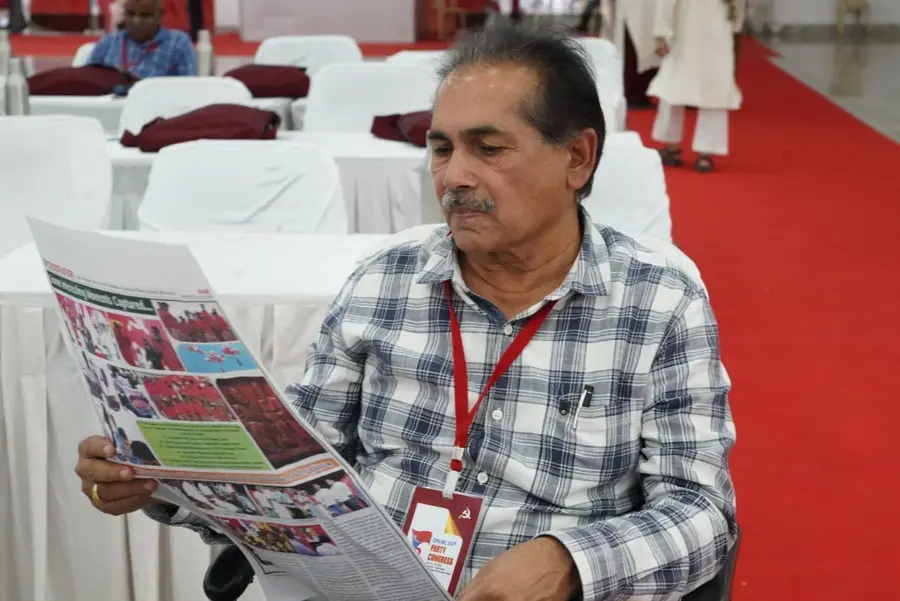
(Image: Chakravarthy)
Anusha Paul
Published on Apr 05, 2025, 12:25 PM | 6 min read
CPIM Gujarat State Secretary warns, “Protect CPIM at any cost! Don’t let BJP-RSS take over the way they did to us in Gujarat.” In a conversation with Deshabhimani Jitendra Bhatt talks about how BJP’s divisive tactics and authoritarian rule in Gujarat threaten democracy, urging Kerala to stand strong against the BJP-RSS agenda and defend secular values.
Gujarat has served as a successful laboratory for the Rashtriya Swayamsevak Sangh (RSS) and its political arm, the Bharatiya Janata Party (BJP), in implementing their ideological and governance strategies. Considering the political, social, and economic dynamics in Gujarat, how do you assess the impact of the BJP’s governance on democratic values, workers' rights, and cultural unity? What lessons can Kerala—and India as a whole—learn from this experience to resist divisive tactics and strengthen democratic resilience?
In the Indian political landscape, the so-called "Gujarat model" has often been hailed as a beacon of development and governance by the RSS and BJP. However, if you take a closer look, it reveals that this model is largely a bubble—one that conceals deep-rooted socio-political issues, economic disparities, and how authoritarian it is. The reality for the common people of Gujarat, especially the poor and lower-middle class, portray the contrast to the narrative projected by the ruling BJP government.
The state has witnessed a sharp decline in workers' welfare due to labour laws that favour industrialists over the working class. Minimum wages remain abnormally low compared to other states, and laws passed in the parliament—especially the new Labour Codes—have further eroded workers’ rights, making their lives increasingly precarious.
Organized labour movements are weak in Gujarat, and many workers are disillusioned with the government’s indifference to their plight.
Despite daily protests in Gandhinagar, where I live, the government’s response is heavy-handed, with police crackdowns that only deepen public resentment. Left-leaning trade unions remain relatively small and struggle to counter the government effectively due to these attacks. The influence of the RSS is also evident in how unions and cultural organizations are aligning with the BJP. For instance, the Mazdoor Mahajan Sangh, originally founded by Mahatma Gandhi, aligned itself with BMS in 2024.
And the seeds of what can be termed as neo-fascism were sown in Gujarat in 2002 when Narendra Modi first assumed the role of Chief Minister. It was during this time that former Chief Minister Keshubhai Patel publicly declared the existence of a "mini-emergency" in the state, signaling the rise of these fascistic powers. This shift towards an autocratic governance model has persisted since then, marked by aggressive communal propaganda and the systematic erosion of democratic values.
Over the years, communal elements have exploited religious tensions to spread anti-Muslim narratives, creating a toxic atmosphere of fear and division. This propaganda, rooted in the aftermath of past conflicts—especially in Ahmedabad—has been relentless, targeting the very fabric of Gujarat's social harmony. The underlying message is clear: if Hindus do not unite under the BJP’s Hindutva banner, they risk losing power to Muslims or communists.
The BJP portrays the political situation as a battle where the Hindu majority must come together to protect its identity and power. By framing the issue this way, they make people feel that the only way to ensure their dominance is by supporting the party.
One of the critical reasons behind the BJP's enduring dominance in Gujarat is the ineffectiveness of the opposition, particularly the Congress Party. Instead of offering a strong counter-narrative to Hindutva, some Congress leaders in Gujarat have adopted a "soft Hindutva" stance, inadvertently strengthening the BJP’s ideological grip. This ideological shift has not only diluted the Congress's ability to challenge the ruling party but has also created an environment where the BJP faces little political resistance.
The lack of a strong, unified opposition has been a recurring issue. In the 2020 assembly elections, while 47.5% of the electorate voted against the BJP, the votes were scattered among several parties, including the Congress, Samajwadi Party, CPI, and others. This fragmentation of the anti-BJP vote ensured that the ruling party retained power, despite widespread discontent among the electorate.
The RSS and its Hindutva ecosystem have played a critical role in shaping not just political allegiances but also the way people think. This ecosystem includes educational institutions, media outlets, cultural organizations, and even social groups that promote a specific worldview centered on Hindutva.
The impact of this ecosystem goes beyond politics; it has actively eroded the capacity of people to think rationally, critically, and scientifically. This intellectual suppression limits the public's ability to question narratives, promotes dogma over inquiry, distorts historical facts, and rejects scientific reasoning in favor of ideology-driven beliefs.
Although Gujarat has been a testing ground for these tactics, the danger is that this model is being replicated in other parts of India, look at Uttar Pradesh and Haryana and other BJP ruling states. The BJP’s success here has provided a blueprint for how to use fear and division as political tools. This poses a threat not just to Gujarat but to the entire democratic fabric of India.
The real challenge is to counter this narrative—not just by opposing the BJP but by promoting an inclusive vision of India that celebrates its diversity and rejects the politics of fear, division, and intellectual suppression. Reclaiming the spirit of rational thinking, critical inquiry, and scientific reasoning is essential for the future of democracy in India.
We want to tell the people of Kerala, where our party currently holds power, that there is an urgent need for vigilance. The BJP is attempting to replicate its Gujarat model in Kerala, using cultural and religious sentiments to create divisions. The Shabarimala issue and movies like The Kerala Story are just a few examples of how the BJP experiments with manipulative tactics. They will exploit religious sentiments for political gain, with no genuine concern for religious or cultural values. Their culture of division, seen so vividly in Gujarat, must be resisted.
Kerala’s political and social fabric is strong, and as long as the people remain united and vigilant, the BJP’s influence can be effectively countered. Protect the party at any cost! The unity, resilience, and secular spirit that define Kerala must be safeguarded to prevent the erosion of democratic values and the spread of divisive ideologies.



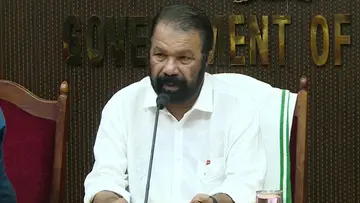
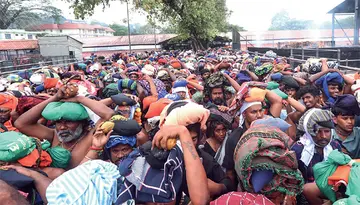

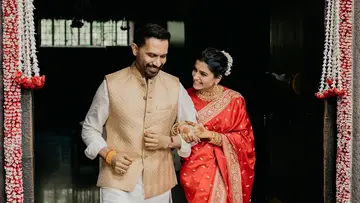
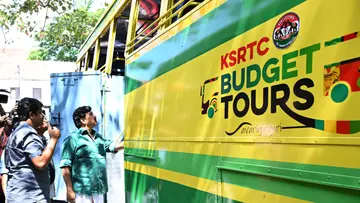
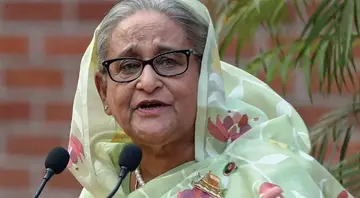

0 comments